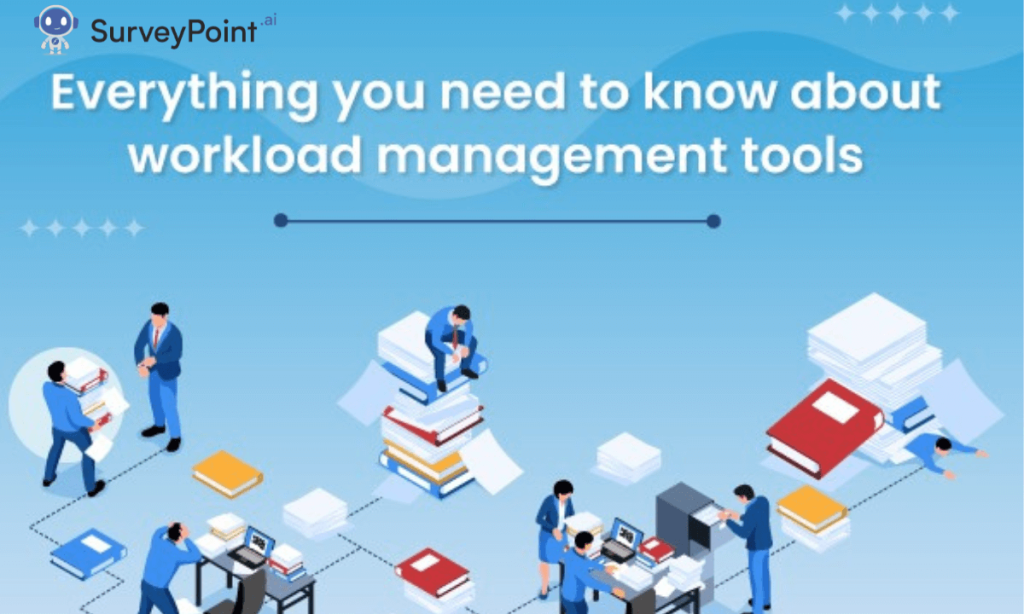
In the fast-paced and competitive business landscape of 2024, employee retention has become a critical focus for organizations worldwide. Retaining top talent is not just about maintaining productivity and minimizing turnover costs; it’s about fostering a culture of loyalty, engagement, and continuous growth. In this blog, we will explore the importance of employee retention, why it is crucial in today’s business environment, and delve into the top nine effective strategies to keep your best employees committed and satisfied.
What is Employee Retention?
Employee retention refers to the ability of an organization to keep its employees and reduce turnover. It involves various strategies and practices aimed at creating a positive work environment, addressing employee needs, and fostering a culture where employees feel valued and motivated to stay.
Why is Employee Retention Necessary in Today’s Business?
- Cost Efficiency: High turnover rates are expensive. Recruiting, hiring, and training new employees require significant time and resources. Retaining existing employees helps reduce these costs.
- Productivity: Experienced employees contribute to higher productivity. They are familiar with the company’s processes, culture, and expectations, which enables them to perform efficiently and effectively.
- Company Culture: Long-term employees help maintain and strengthen company culture. They embody the values and mission of the organization, fostering a cohesive and motivated workforce.
- Customer Satisfaction: Consistent interactions with the same employees build trust and rapport with customers. Employee retention ensures continuity and stability in customer service, leading to higher satisfaction and loyalty.
- Knowledge Retention: Experienced employees hold valuable institutional knowledge. Retaining them ensures that this knowledge is preserved within the organization, contributing to better decision-making and problem-solving.
Top 9 Effective Employee Retention Strategies in 2024
1. Competitive Compensation and Benefits
Offering competitive salaries and comprehensive benefits packages is fundamental for attracting and retaining top talent. This includes not only base salaries but also bonuses, health insurance, retirement plans, stock options, and other financial incentives. Ensuring that your compensation packages are in line with or above industry standards shows employees that you value their contributions and are willing to invest in their financial well-being.
2. Career Development Opportunities
Providing opportunities for career growth and advancement is crucial for employee satisfaction. Implementing training programs, offering mentorship, and providing tuition reimbursement are ways to help employees develop new skills and advance in their careers. Clear pathways for promotion within the organization can motivate employees to stay and grow with the company.
3. Work-Life Balance
Promoting a healthy work-life balance is essential for employee well-being and retention. Offering flexible working hours, remote work options, and generous leave policies helps employees manage their personal and professional lives more effectively. Encouraging employees to take time off and ensuring they don’t feel overworked contributes to a happier, more productive workforce.
4. Recognition and Rewards
Regularly recognizing and rewarding employees for their hard work and achievements fosters a culture of appreciation and motivation. This can be done through formal awards, bonuses, public acknowledgment in team meetings, and personalized thank-you notes. Recognizing both individual and team accomplishments helps employees feel valued and appreciated.
5. Employee Engagement
Actively engaging employees in decision-making processes and seeking their input on projects and initiatives make them feel valued and invested in the company’s success. Regular feedback sessions, open communication channels, and involving employees in strategic planning help build a sense of ownership and commitment to the organization.
6. Positive Work Environment
Creating a positive and inclusive work environment where employees feel safe, respected, and valued is crucial for retention. This includes promoting diversity and inclusion, ensuring a supportive management team, and fostering a collaborative atmosphere. A positive workplace culture can significantly impact employee satisfaction and loyalty.
7. Professional Development
Investing in employees’ professional growth through continuous learning opportunities, workshops, and certifications helps them feel motivated and engaged. Offering resources for skills development and encouraging employees to pursue further education or training not only benefits the employees but also enhances the overall capability of the organization.
8. Effective Onboarding
A strong onboarding process helps new employees integrate smoothly into the company. Providing comprehensive training, resources, and support during the initial stages of employment sets the foundation for long-term retention. A well-structured onboarding program can help new hires feel welcomed, supported, and prepared to contribute to the organization.
9. Employee Wellness Programs
Implementing wellness programs that focus on physical, mental, and emotional well-being shows employees that their health is a priority. This can include gym memberships, mental health support, wellness workshops, and access to health resources. Supporting employees’ overall well-being can lead to increased job satisfaction, reduced stress, and higher retention rates.
Conclusion
In 2024, effective employee retention strategies are more important than ever. By understanding the significance of retention and implementing the right strategies, organizations can create a loyal, motivated, and productive workforce. From competitive compensation to a positive work environment, these strategies not only reduce turnover but also contribute to the overall success and growth of the business. Investing in your employees is investing in the future of your organization.




